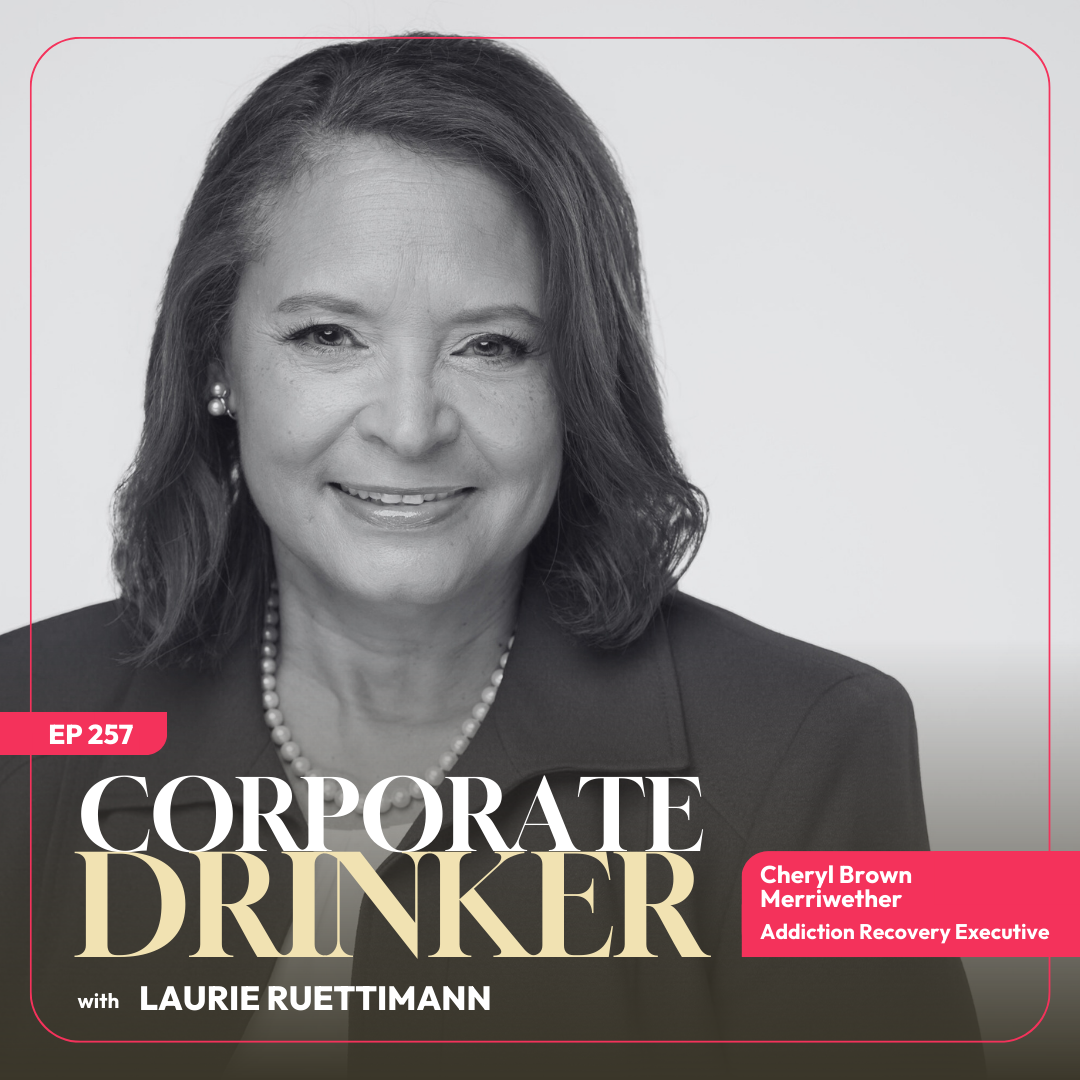
Substance misuse in the workplace is a topic that often gets overlooked or stigmatized.
However, it’s an issue that demands our attention, as it affects the individuals struggling and the organization’s overall health.
This blog post will explore how to address this challenge through education, innovative strategies, and creating supportive environments.
We will also introduce you to Cheryl Brown Merriwether, an executive leader and certified coach who is bridging the gap between organizations and those in recovery.
Substance Misuse in the Workplace: The Issue at Hand
Cheryl Brown Merriwether, a renowned expert in addiction and recovery education, points out that substance misuse in the workplace is more common than many people realize. According to Brown Merriwether, approximately 70% of individuals struggling with substance use disorders are employed full- or part-time. This indicates that many professionals grapple with these challenges, underscoring the need for understanding and addressing this issue in professional settings.
Substance misuse can manifest in many forms – from alcohol to illicit drugs, prescription medications, and even behavioral addictions like gambling or shopping. It’s important to note that these behaviors often stem from a desire to cope with stress, anxiety, or other mental health issues, further highlighting the importance of comprehensive mental health management in the workplace.
Reclassification of Substance Use Disorders: A Step Towards Destigmatization
One significant development in recent years is the reclassification of substance use disorders. Previously categorized simply as “addiction,” the term “substance use disorder” is now widely used to denote this as a chronic brain disease, acknowledging the complex physiological factors at play.
This shift in language is more than just semantics. It plays a crucial role in destigmatizing addiction, emphasizing the medical nature of the condition rather than casting it as a moral failing or weakness of character. This perspective fosters a more compassionate, understanding approach to dealing with substance misuse in the workplace.
The Role of Workplace Culture in Addressing Mental Health
Workplace culture can significantly influence how mental health and substance misuse are managed. A supportive, open culture can encourage individuals to seek help without fear of judgment or repercussions. Conversely, a stigmatizing or dismissive culture can deter people from reaching out, exacerbating the problem.
Organizations can foster a supportive environment by establishing affinity groups or employee resource groups. These provide a safe space for employees to discuss their experiences, share resources, and offer mutual support. Additionally, measuring the effectiveness of these programs with data can improve the overall employee experience, morale, and retention.
Innovative Strategies for Mental Wellness in the Workplace
Addressing mental health and substance misuse in the workplace requires innovative, multi-faceted strategies. One approach gaining traction is using education to raise awareness and dispel misconceptions surrounding these issues.
Programs like Project Opioid and ICARE have shown promising results in this area. By offering training to frontline managers and HR practitioners, these initiatives empower employees with the knowledge to recognize and address substance misuse in the workplace. Moreover, they highlight the potential of interagency partnerships and the transformative power of education in effecting tangible change.
Addressing substance misuse in the workplace is a complex issue that requires understanding, empathy, and innovative strategies. By fostering supportive workplace cultures, leveraging education, and implementing evidence-based interventions, organizations can contribute to the well-being of their employees while promoting a healthier, more productive work environment. The road ahead may be challenging, but the potential benefits for individuals and organizations make it a journey worth embarking on.
If you want to learn more about Corporate Drinker, check out laurieruettimann.com/corporate-drinker-257.